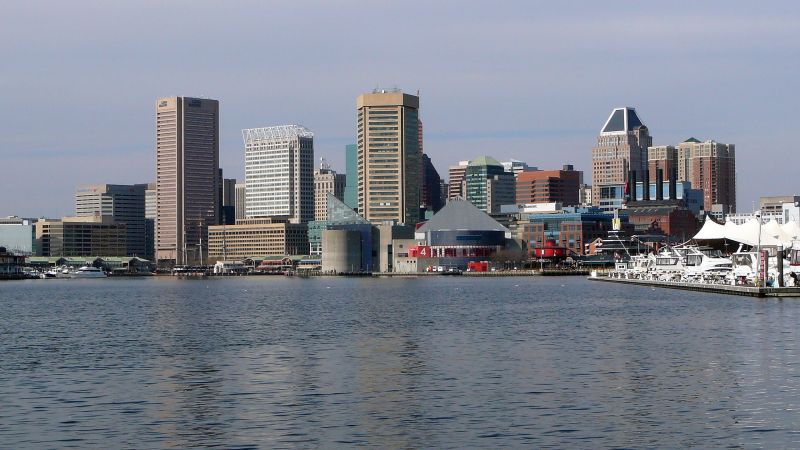Baltimore Uses Smart Meters to Transform Water Billing
Published on by Water Network Research, Official research team of The Water Network in Government
The city introduced new meters that can measure how much water a customer uses hour by hour and beam back information to the water department wirelessly.

Baltimore
The head of Baltimore's water department told City Council members Wednesday that he expects the problem of disputed water bills to be greatly improved next year thanks to the rollout of smart-meter technology.
Rudy Chow, the city's director of public works, told the council's Budget and Appropriations Committee that the department has progressed significantly in his six years running it.
"We are making a tremendous amount of progress in terms of getting ourselves into a steady state where water billing isn't a problem on the technology end or customer service," he said.
The city introduced new meters in October that can measure how much water a customer uses hour by hour and beam back information to the water department wirelessly. It also began sending customers monthly bills at that time. Previously, the department's crews were deployed to read meters every three months.
Chow said about 1,000 properties do not have the new meters installed because they need extra maintenance or infrastructure work done first.
Chow faced questions from several of the committee members about problems with bills, which have long dogged the city and users. Councilman Brandon Scott said the issue was the top problem for his constituents.
"This is the No. 1 complaint we get in the city," Scott said. "People don't complain about violence in Baltimore; they complain about water bills."
Mayor Catherine Pugh said she, too, has concerns about the billing process.
"We're examining our whole water bill system," Pugh said Wednesday. "I have gotten enough complaints now to know that that is something we should take a real close look at."
Pugh, who took office in December, said she has been talking with City Council President Bernard C. "Jack" Young about what changes could be made to the system, including past-due bills triggering tax sales. The cost of redeeming a property in tax sale over an unpaid water bill and a special account to assist property owners are items up for discussion, she said.
"We don't want people to get so far in arrears that they can't recoup," the mayor said. "We have to be careful how we look at this. We'll take an in-depth look at the water bill system and how we deal with it."
The stakes are high because if a customer doesn't pay the bill, the city can sell a lien on their property at the annual tax sale, which can ultimately lead to an investor foreclosing on the property.
Some 1,000 homeowners faced that prospect this year, and the system has also swept up some city churches.
Scott told Chow that the department needs to resolve any outstanding problems as quickly as possible.
Read more: The Baltimore Sun
Media
Taxonomy
- Technology
- Smart Meters
- Water Supply
- Integrated Urban Water Management
- Urban Water
- Water Supply Commission
- Urban Resource Management
- Urban Water Supply
- Infrastructure
- Infrastructure Management
- Smart Metering (AMI)